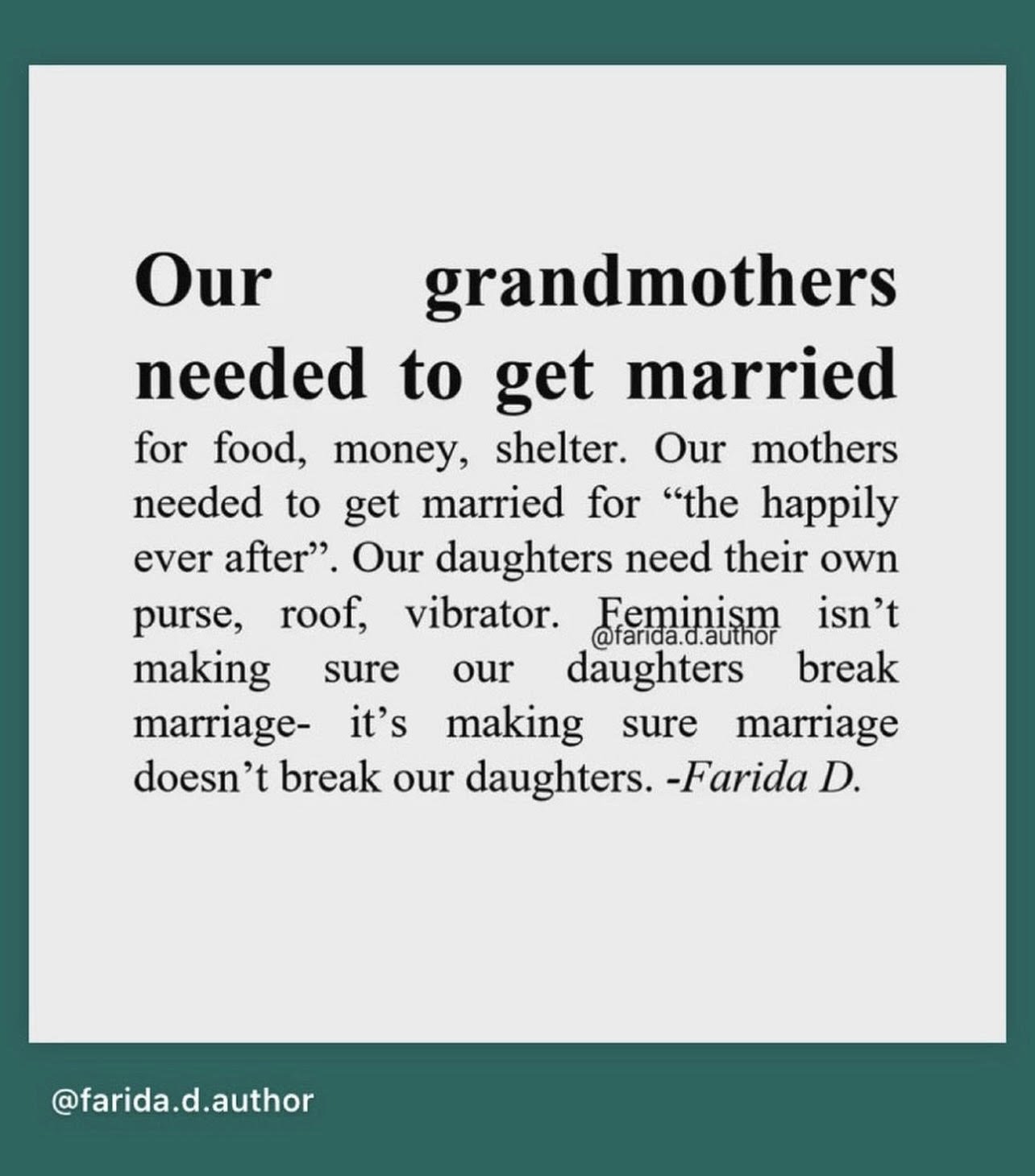Marriage is changing for the better
As a therapist and, frankly, a human being who has some experience with marriage, it’s clear to me that marriage is undergoing some significant changes as generations of people start to break cycles and become healthier than those before them.
I’ve noticed that this shift is closely tied to our evolving understanding and expectations around mental health. Historically, both marriage and mental health have been areas of silent suffering, burdened by significant societal expectations and stigma.
For many years, mental health struggles and marital dissatisfaction were often hidden. The stigma around seeking help for mental health issues led to prolonged suffering, just as the stigma of divorce kept many in unhappy marriages.
Now, cultural narratives are truly changing, which I have noticed is really empowering individuals to prioritize their well-being and seek genuine connections with others. They are no longer settling. There is a newfound sense of freedom.
In couples therapy, the term “familiar stranger” describes couples who share their lives but remain disconnected emotionally. This is seen so very often in our practice. These couples might navigate daily routines together, yet they lack true emotional intimacy. This can look like holding back your real thoughts and feelings, assuming you know everything about your partner, always wanting to please them, or wanting to always be the "strong" one.
Traditionally, marriages were often transactional, with clearly defined gender roles. Modern marriages are less about societal roles and more about building a partnership where both individuals work on themselves and support each other’s growth. This is a true companion – a friend who is there in good times and bad and can have conversations.
A thriving “modern” marriage requires work and skills such as effective communication, self-awareness and empathy for your partner. It requires a willingness to look at yourself and how your unhealed wounds or experiences are affecting your relationship. It’s about effective communication that allows couples to express their needs and concerns openly. The rigid “my way or the highway” approach no longer works.
This new evolution of marriage today encourages us to be uncompromising on our core values. This means seeking partners who align with our deepest values and letting go of relationships that don’t serve our well-being. There is a new “fairytale” that many are seeking – one that is centered around maturity, consistency and stability.
- Laura, Clinical Therapist
Feel like you could benefit from marriage counselling? Contact us today to get matched with one of our marriage counsellors.

